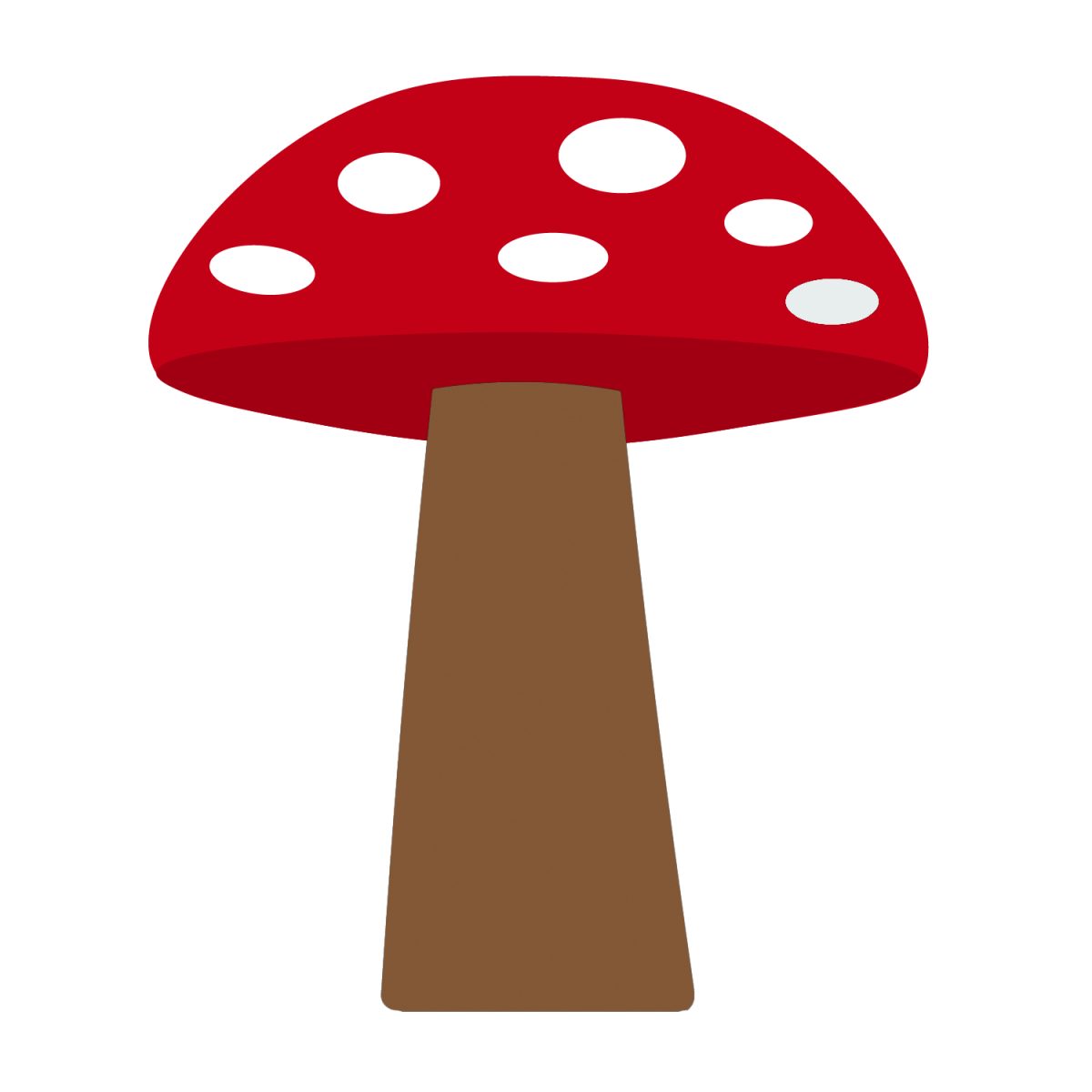Wisconsin researchers including those at UW-Madison may have found a new treatment for clinical depression. Psilocybin, the psychedelic compound found in magic mushrooms, is being used in dozens of clinical trials by medical researchers.
This testing has shown evidence of success when combined with therapy. Psychiatrist Charles Raison, a professor of Human Ecology and Psychiatry at the University of Wisconsin-Madison, said “The treatments we have help many people, but they definitely don’t help everybody. And as the years have passed, we’ve come to see that they really help a minority of patients get as well as they should be.”
Raison and other researchers found that out of 15 million people in the U.S. with clinical depression, 6 million could be eligible for this new kind of treatment if it is approved.
This treatment involves thorough medical preparation followed by a therapist-supervised dosage of psilocybin for the day. After this, there is counseling when the psychedelic effects wear off.
The FDA has granted psilocybin-assisted therapy a special status as “breakthrough therapy” to put it under review sooner. Raison and collaborators found in a very recent clinical trial that this treatment saw patients with improved depression scores within just six weeks after only one treatment.
In the past, the FDA has rejected other highly anticipated psychedelic treatments so, despite the promise of psilocybin, there is no guarantee that it will be approved. Despite this, Raison and his collaborators remain cautiously optimistic.
When performing estimates of patient eligibility based on exclusion criteria, they found that 24 percent of Wisconsin residents, about 2.2 million people, would be eligible for this new treatment. When drugs are approved and go to market, however, physicians typically don’t restrict their decisions to clinical trial criteria which means a more realistic estimate would result in between 5.1 and 5.6 million patients being eligible.
“These treatments might help a whole bunch of people,” Raison said.




